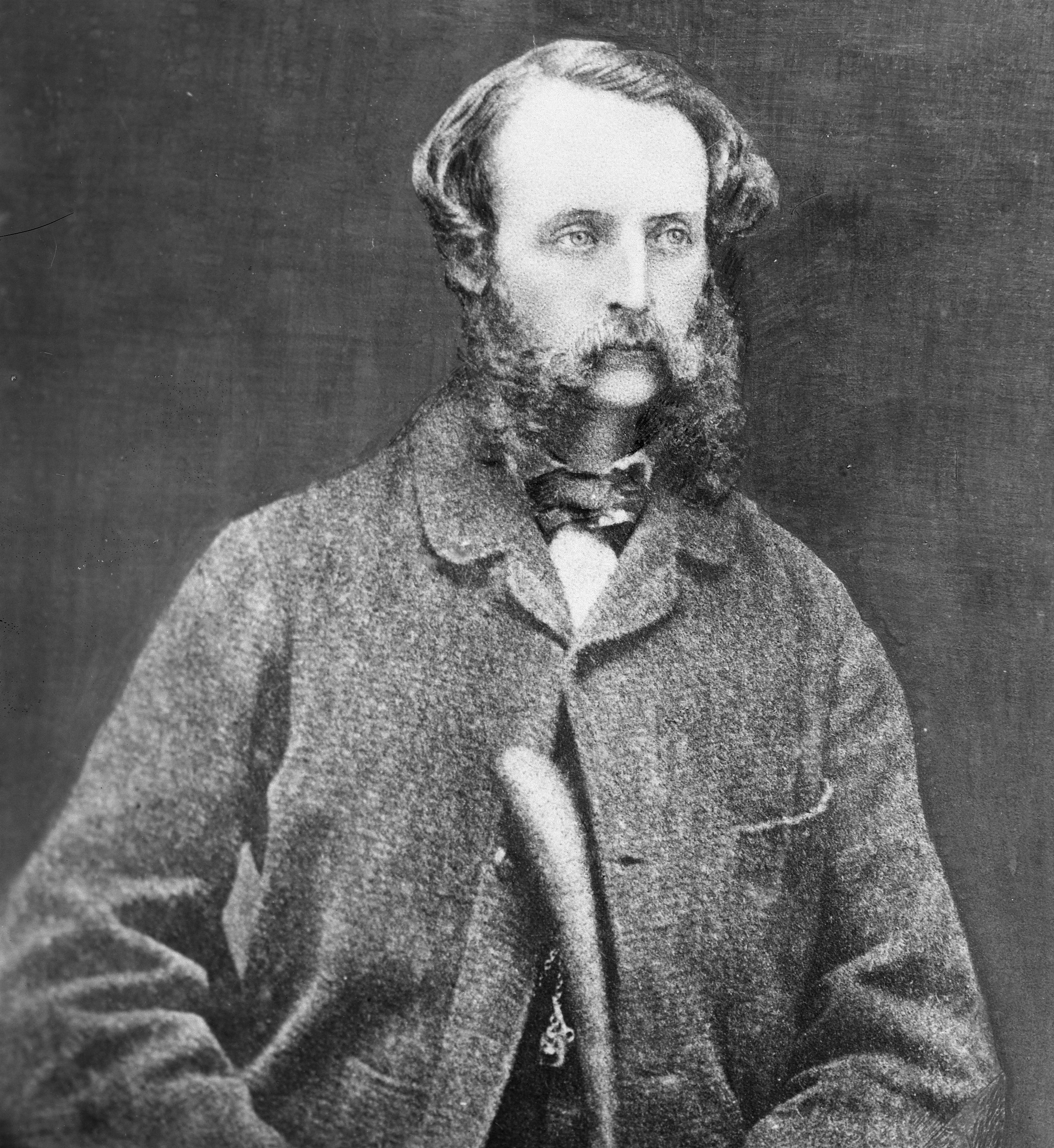Weld, Frederick Aloysius, << al oh IHSH uhs >> (1823-1891), was a British political leader who served as prime minister, or premier, of colonial New Zealand in 1864 and 1865. Weld was prime minister during a period of political transition. New Zealand was gaining new powers of self-government and moving toward becoming a nation. Weld’s time as prime minister was also a period of violent conflict between New Zealand’s native Māori << MOW ree or MAH ree >> people and European colonists who wanted Māori lands.

Later in his political career, Weld governed the British colonies of Tasmania, Western Australia, and the Straits Settlements in southeastern Asia. In addition to being a statesman, Weld was a successful pastoralist (animal farmer) and an explorer. He explored parts of New Zealand’s interior and southwestern Australia.
Early life.
Weld was born into a prominent Roman Catholic family on May 9, 1823, near Bridport, in the English county of Dorset. Weld attended Stonyhurst, a Jesuit school in Lancashire. He later studied chemistry, law, and philosophy at the University of Fribourg, Switzerland. In 1843, Weld sailed for New Zealand, then a colony of the United Kingdom. With his cousin Charles Clifford, Weld established several stations for raising sheep in New Zealand’s North and South islands. In 1851, he published a pamphlet titled Hints to intending sheep-farmers in New Zealand.
Political career.
Weld had supported the creation of a constitution that would establish representative government for New Zealand. The British government granted New Zealand a constitution in 1852, and in 1853, Weld won election to the colony’s first House of Representatives. At that time, members of the House were independent instead of belonging to any party. Weld resigned his House seat in 1855, after the first session of the General Assembly failed to obtain responsible government for New Zealand. In a system of responsible government, the executive is drawn from the legislature and answerable to the legislature, which is elected by the people.
Weld again won a seat in the House of Representatives in 1858. In March 1859, he married his distant cousin Filumena Mary Anne Lisle March Phillipps (1840?-1903) in England. The couple had 13 children. From 1860 to 1861, while still a member of the House, Weld served as New Zealand’s minister of native affairs.
Following the resignation of Frederick Whitaker as prime minister in 1864, Governor George Grey asked Weld to form a government ministry and to serve as prime minister. Weld agreed to do so, on the condition that the United Kingdom withdraw its military forces from New Zealand and allow New Zealanders to handle Māori affairs.
During Weld’s time in office, his government improved New Zealand’s economy, which had been depressed when he took office. Weld’s government also moved the seat of government from Auckland to Wellington.
Weld’s government passed two major laws dealing with Māori issues: the Native Rights Act of 1865 and the Native Lands Act of 1865. The Native Rights Act confirmed that Māori possessed the rights of natural-born British subjects, including the right to file lawsuits in court. The Native Lands Act created a process for transferring Māori land from traditional collective ownership to individual ownership through claims made in the Native Land Court. This made it easier for settlers to buy Māori land. Weld’s ministry also confiscated more than 1 million acres (400,000 hectares) of Māori land.
Weld resigned as prime minister in 1865 because of ill health and resistance to his ministry. He returned to England in 1867.
From 1869 to 1875, Weld served as governor of Western Australia, where he supported representative government for the colony. In 1870, his government passed a bill that provided for the addition of 12 elected members to Western Australia’s Legislative Council. Weld was appointed to the Order of St. Michael and St. George, a British order of knighthood, in 1875. Weld also held the posts of governor of Tasmania, from 1875 to 1880, and governor of the Straits Settlements, which included what are now Malaysia and Singapore, from 1880 to 1887.
Later years.
Weld retired to Chideock Manor, his birthplace in Dorset, in 1887. During an 1891 visit to the Straits Settlement, while serving as a director of the Pahang Exploration and Development Company, Weld caught a fever. He died at Chideock Manor on July 20, 1891.
